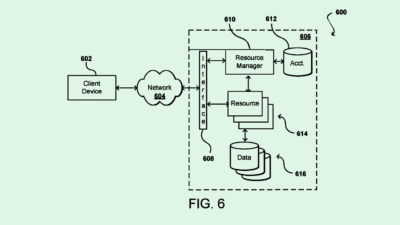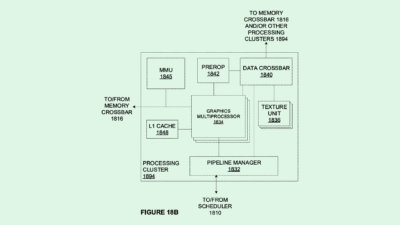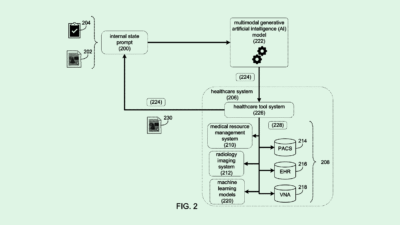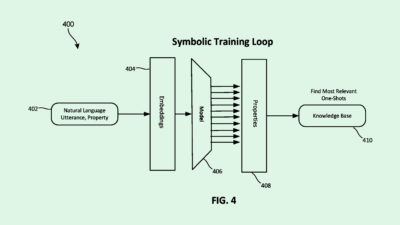Which Industries Need AI Skills the Most?
Finding a jack of all trades is difficult in AI.
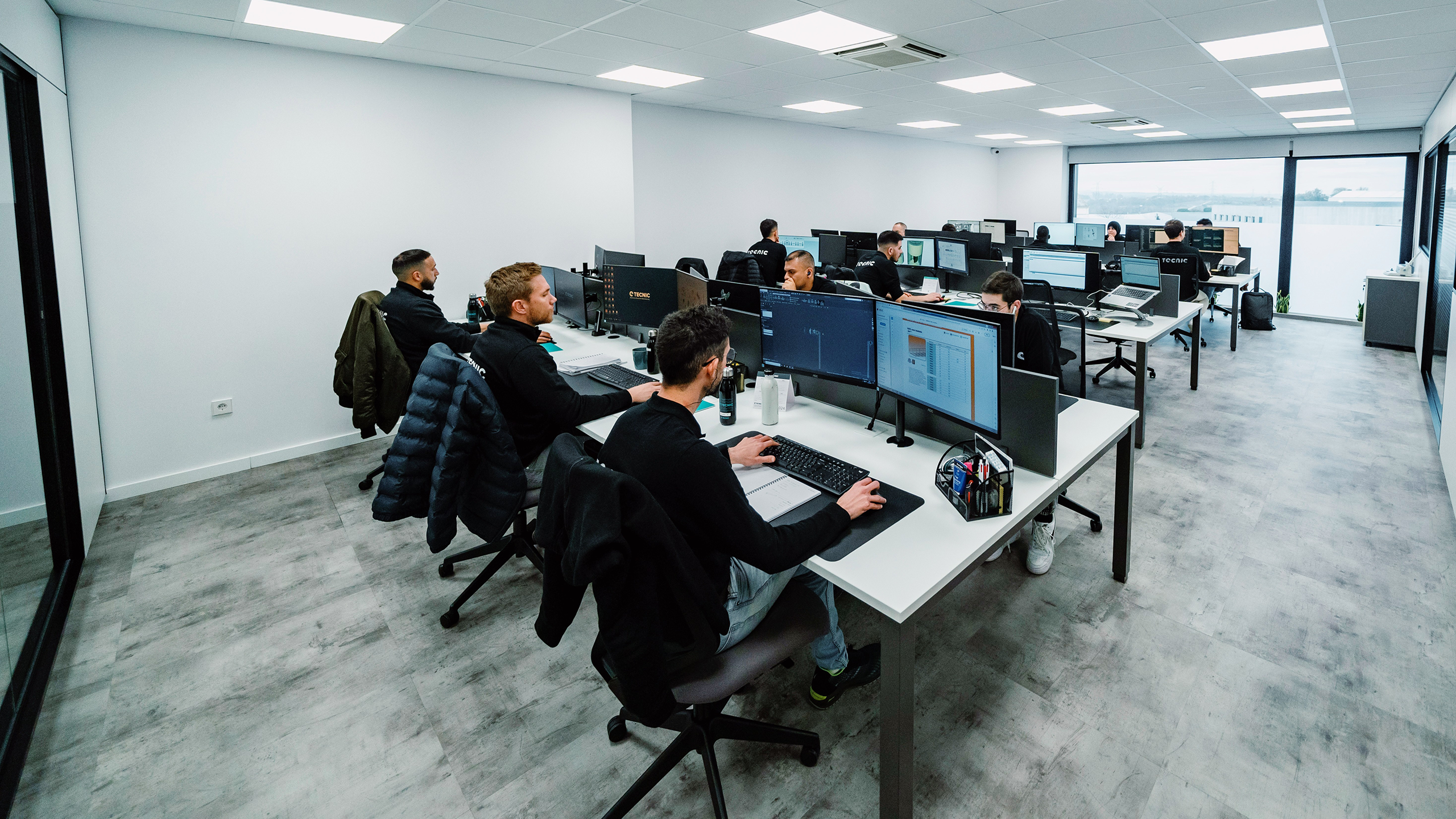
Sign up to get cutting-edge insights and deep dives into innovation and technology trends impacting CIOs and IT leaders.
AI is changing some industries more than others.
A recent report by consulting giant PricewaterhouseCoopers suggests that demand for AI skills has accelerated in three sectors in particular: IT and communications tech, professional services and finances. AI skills requirements in “physical industries,” meanwhile, are lagging behind as those sectors still consider their best path forward for adoption, said Scott Likens, global chief AI engineer at PwC.
The industries where demand for AI skills is high were quickly introduced to the “first wave” of generative AI that occurred in 2022, he said. They are “so exposed to AI,” he said, “just because of the nature of the work they’re doing,” which includes tasks that GenAI is very good at:
- “Those industries really stand out as the ones that can immediately tap into information, which immediately can provide value on the other end.”
- Sectors such as manufacturing, oil and gas and healthcare, meanwhile, are still trying to figure out where AI fits in, said Likens. Advancements are occurring in areas such as robotics and embodied AI, he noted, but the change “hasn’t hit the jobs yet.”
AI’s rapid development, meanwhile, has created a gap between the talent available on the market and what enterprises need, said Likens. Education has yet to catch up to the shift.
“It’s not a well-worn technology where we’ve got grads and undergrads coming out of school with experience,” said Likens. “We’re still changing the university curriculums, let alone having people with 10 years of experience in this area.”
So how can enterprises reckon with the skills scarcity? A combination of upskilling and talent acquisition, he said. Along with educating workforces on how to get the most out of AI deployments, organizations need to seek out the “new thinkers” that are capable of leading those transformations.
One challenge is finding people that are “bilingual”: fluent both in the language of AI and the specific industry that an enterprise is operating in, said Likens. Finding a tax accountant who’s also an AI expert, for example, is harder than finding someone who’s good in either area individually.
“This is not just about technologists,” said Likens. “There’s not enough of those people to fill the need.”

